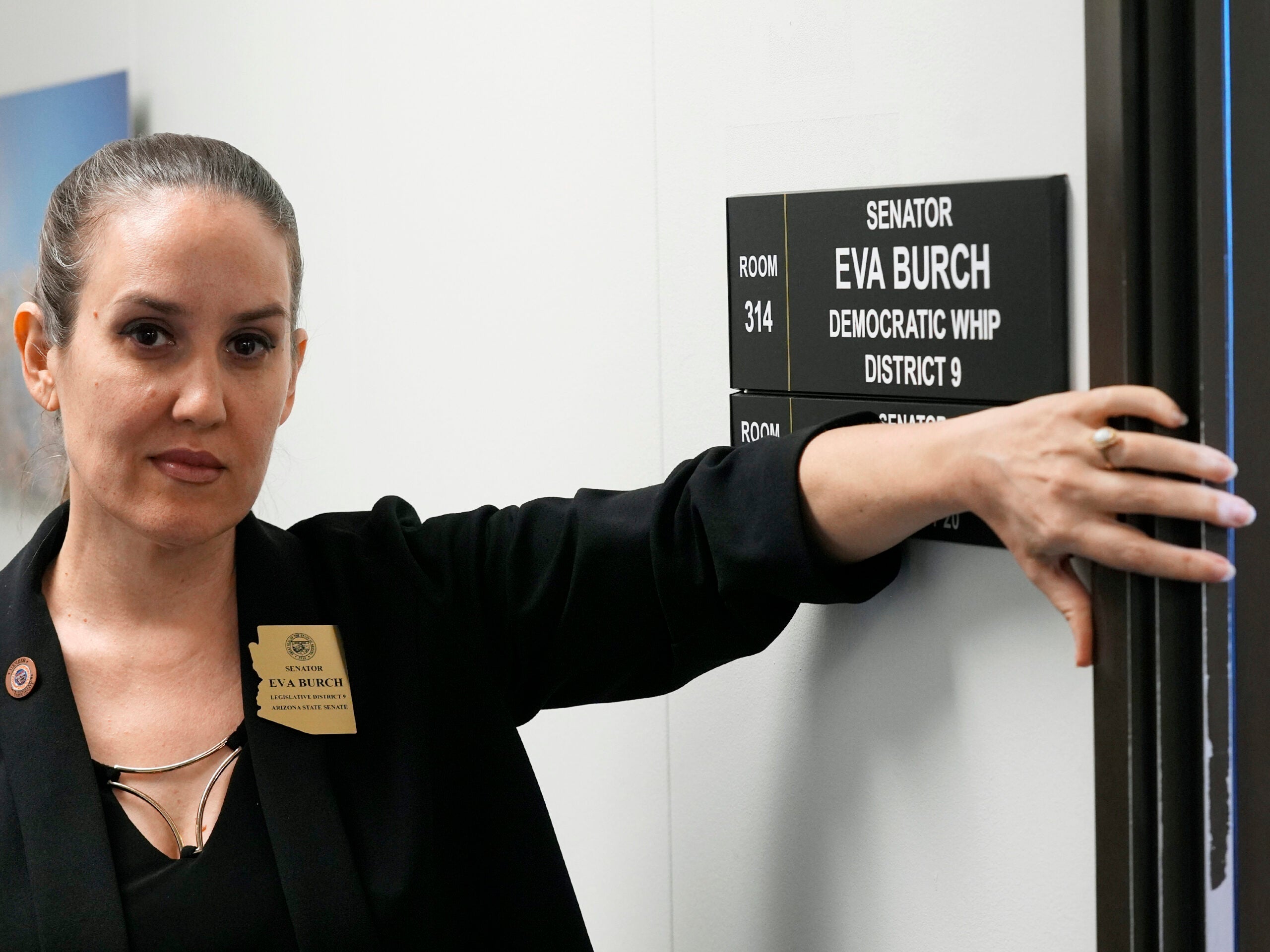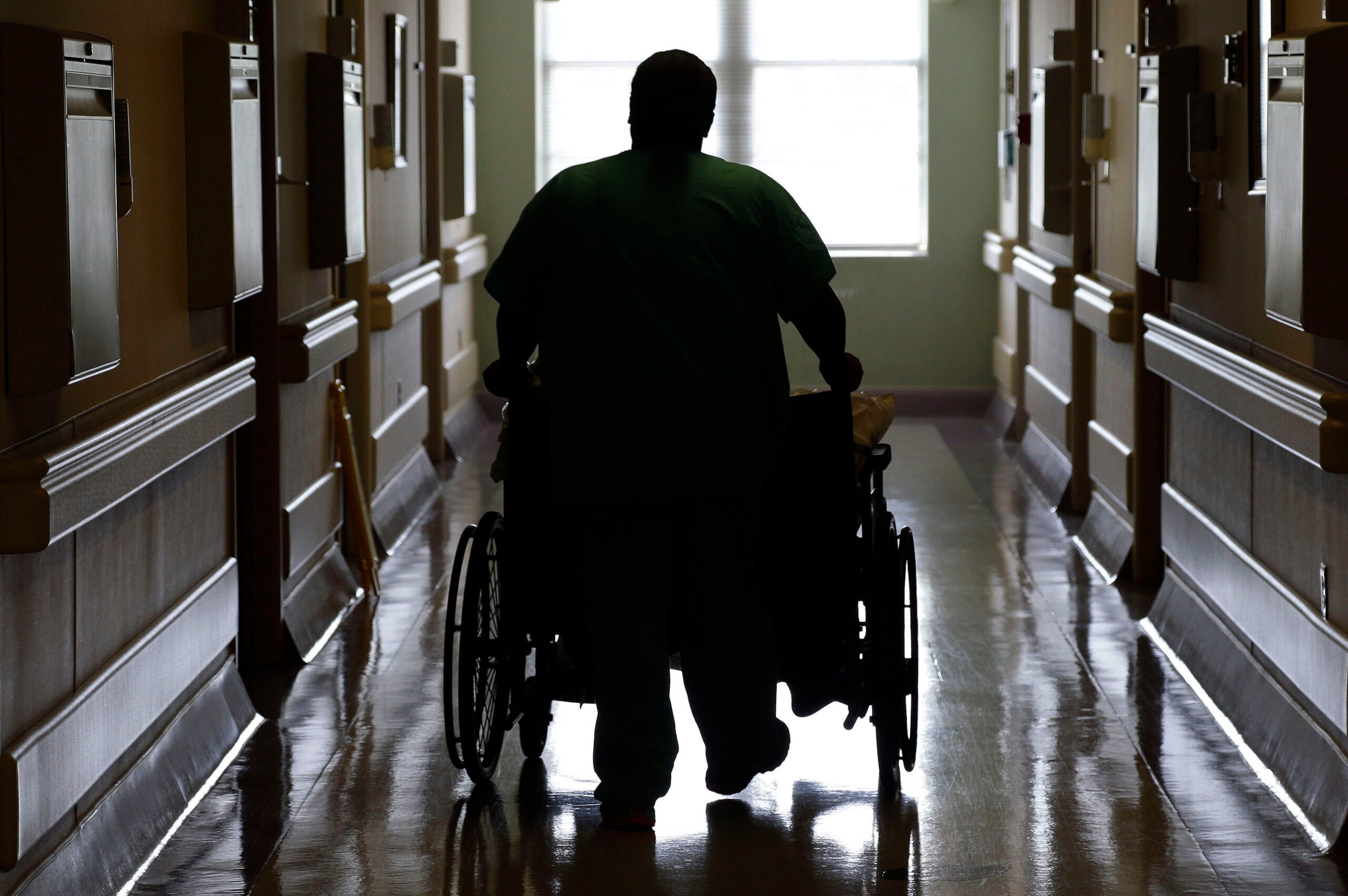The website Choosing Wisely showcases data and questions in an effort to reduce unnecessary medical care by promoting a list of tests and treatments unlikely to benefit most patients. A review of the program indicates cost can influence what’s on the list.
Dr. Steven Pearson of the National Institutes of Health Clinical Center analyzed how specialty societies (the American Academy of Pediatrics, for example, or the Society of Thoracic Surgeons) decide what medical services to avoid. His study showed cost was a consideration for a lot of doctors.
“They identified services for which there were equally good alternatives for patients,” he said, “that had either lower risks or lower cost.”
Stay informed on the latest news
Sign up for WPR’s email newsletter.
It’s expected that the list of medical services to avoid will expand and change. Pearson says doctors are still trying to refine the criteria for what constitutes good care.
“What kinds of waste are we looking for,” he asks, “and what kinds of evidence would we need to justify our selections?”
In Wisconsin, health experts who support Choosing Wisely want to see less use of expensive screening tests for lower back pain. Mary Riordan is with the Wisconsin Collaborative for Healthcare Quality.
“If there’s no other signs or symptoms,” she cites as an example, “waiting six weeks to have an MRI done. ”
A group of southern Wisconsin businesses concerned about health care costs and quality are also promoting Choosing Wisely. Alliance president Cheryl DeMars says one area they’ve focused on is childbirth.
“Early, elective deliveries are shown to be associated with increased risk of learning disabilities and potential increase in morbidity and mortality,” she said.
Choosing Wisely began two years ago. Nearly 50 medical groups have made recommendations meant to curb unnecessary care.
Wisconsin Public Radio, © Copyright 2024, Board of Regents of the University of Wisconsin System and Wisconsin Educational Communications Board.






